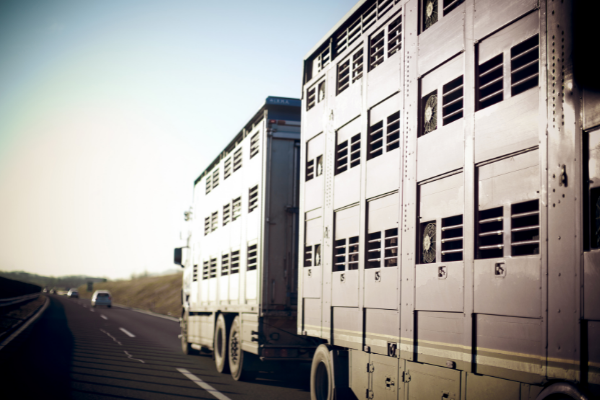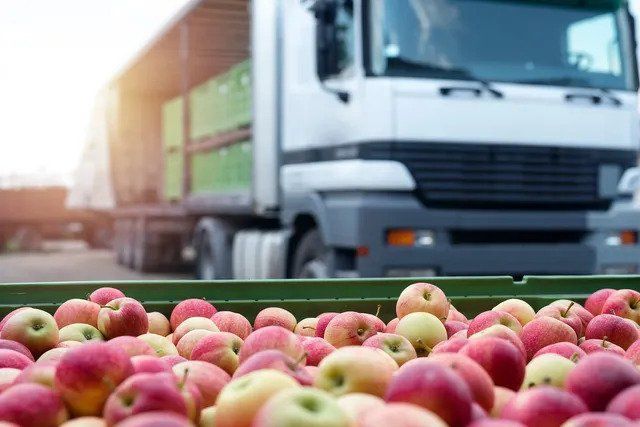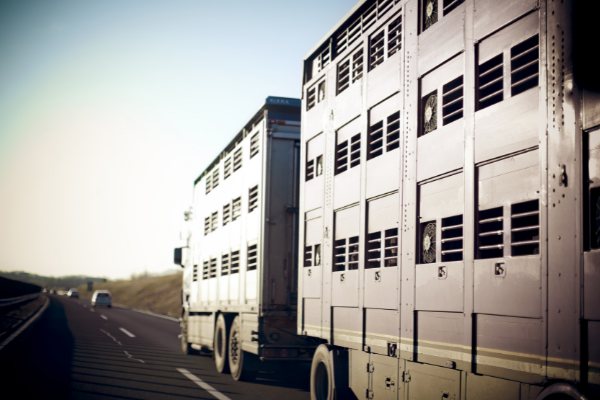BY:
SHARE:

Despite recent press coverage, DEFRA has officially confirmed that the changes will proceed as planned. Despite reports suggesting otherwise, health and safety checks for EU imports will commence on April 30, 2024. Changes to import processes for some sanitary and phytosanitary goods from the EU from 30th April, 2024
DEFRA's statement on the 19th of April, 2024 confirmed the following.
"The UK government remains fully assured that the border's facilities, infrastructure, and systems will be prepared to implement new border checks by April 30. From the outset, the focus of physical checks will be on high-risk goods. Port Health Authorities will conduct documentary checks on consignments of all risk levels and will reach out to traders if any concerns arise. Importantly, the checks will be progressively increased to full levels in a measured and controlled manner, ensuring a smooth transition."
There are important changes to the border crossing compliance requirements for some sanitary and phytosanitary goods that are being implemented from the 30th April this year.
The documentation and some references supporting the making of a declaration are changing, and an importer will need to ensure that the border requirements are met exactly, should goods avoid the risk of being held at a Border Crossing Point
To ensure goods meet the sanitary and phytosanitary requirements, from 30th April 2024, the trader will need to action the following:
- To be completed at least one working day prior to goods departure:
Creation of Part 1 of a Common Health Entry Document (CHED) import notification using the Import of Products, Animals, Food and Feed System (IPAFFS) in advance of the consignment arriving in GB, and check that the commodity codes are accurate. - Make a Customs declaration using the Customs Declaration Service (CDS) checking that the commodity codes match the supporting CHED.
- Pre-lodge the Customs declaration using the Goods Vehicle Movement Service (GVMS) if goods are passing through a port that uses GVMS.
Making Declarations on CDS:
The CHED reference given on the CHED submission confirmation screen will be different from the reference required on CDS.
The CDS format will be as follows:
GBCHDYYYY.XXXXXXX.
The CHED document code should also be added to the declaration.
Risk of delay or goods being held at BCP – Accuracy of data entry will be essential
- If the CHED reference is incorrectly formatted, the import consignment will not be released
- Commodity codes on the Customs Declaration and the CHED document must match. A simple check before submission could make a big difference in the risk of delays at the border.
Note: Any mismatched data will show on the CDS and IPAFFS dashboards as having ‘No Match’ status. This should generate a warning email. However, HMRC advise that this communication should not be relied upon and that the dashboards should be regularly checked. - IPAFFS and CDS should be checked regularly until the consignment has cleared the border for onward travel into Great Britain
The recommendation is to ensure that the declarations are accurate before the goods are exported, and that errors are corrected before the consignment reaches the port of departure. Errors will cause goods to be held at the UK border until they have been corrected.
Likewise, goods will be unavailable for release in the UK until the submissions are accurate. Outstanding errors may mean that the consignment is redirected to a Border Control Post.
How to amend a ‘No-Match’ error
If a no-match status is indicated on CDS or IPAFFS, an amendment must be made to the CHED via IPAFFS, or to the Customs declaration via CDS, to change the mismatching information.
Recommendation
HMRC recommends that goods should not be moved until all of the required steps are followed accurately and when the importer is sure that the information on both the CHED and the declaration match.
Further guidance can be found at the following links:
- IPAFFS Import of products, animals, food and feed system (IPAFFS) - GOV.UK (www.gov.uk)
- CDS https://www.gov.uk/government/collections/customs-declaration-service
If you are interested in exploring this topic further, you might find it worthwhile to consider the training courses and live clinics offered by Strong & Herd LLP:
OneCall™ Email assistance as and when required; A one-call solution for all your import, export and customs enquiries. Export help. Import help. Customs help.
Stay informed about customs and international trade matters by subscribing to our OneCall™ service. This comprehensive offering includes a dedicated email helpline for support, timely practical updates direct to your inbox (Did You Know?), monthly UK Customs & Trade Briefings and access to an interactive members' area with an exclusive community for our subscribers.
International Trade Updates & Spotlight Newsletter
Subscribe to our free information emails covering international trade topics...












